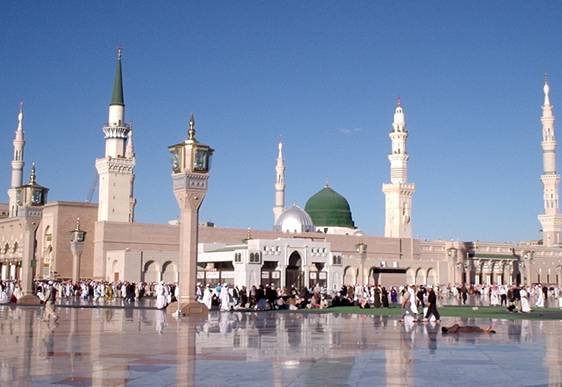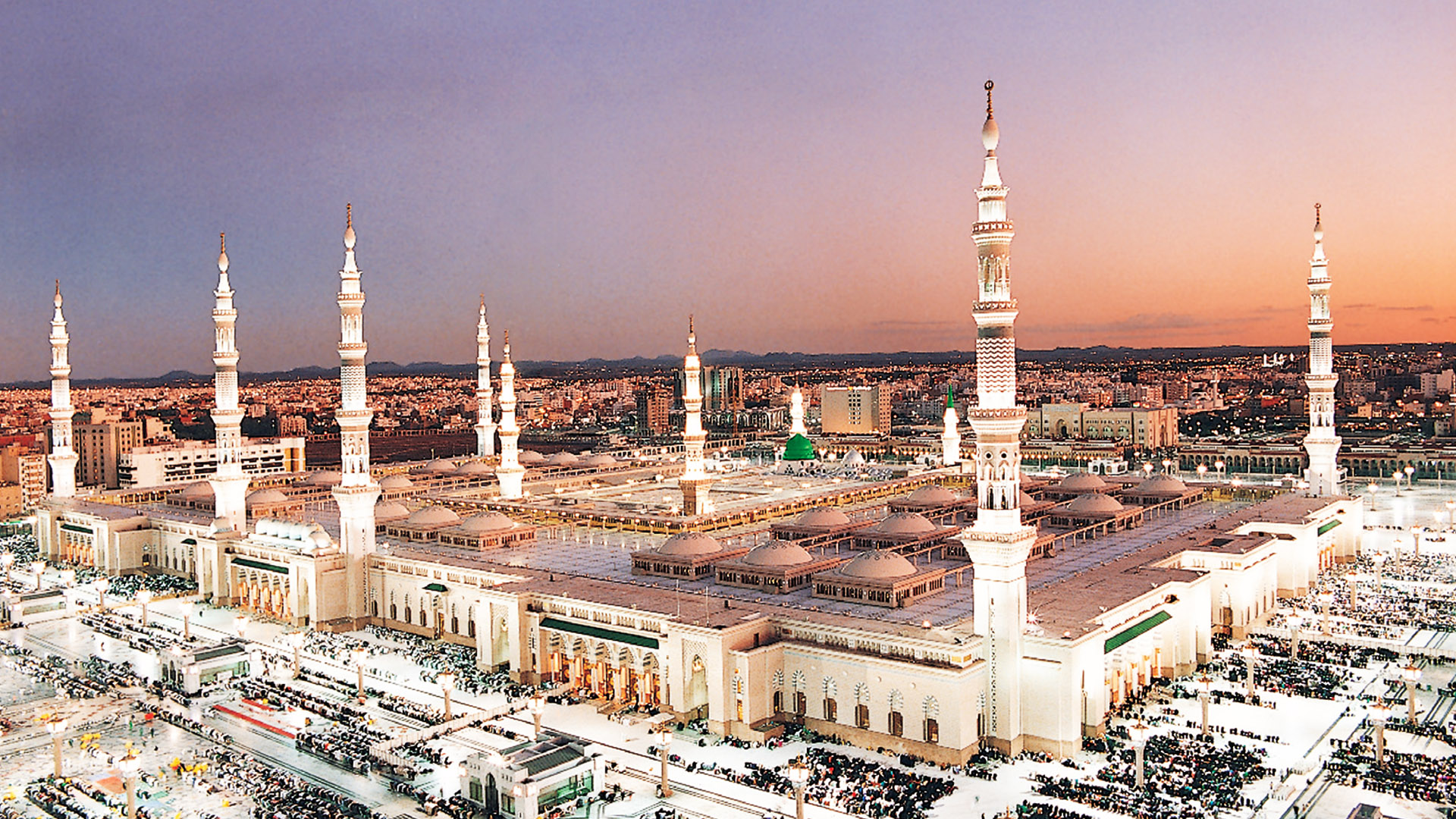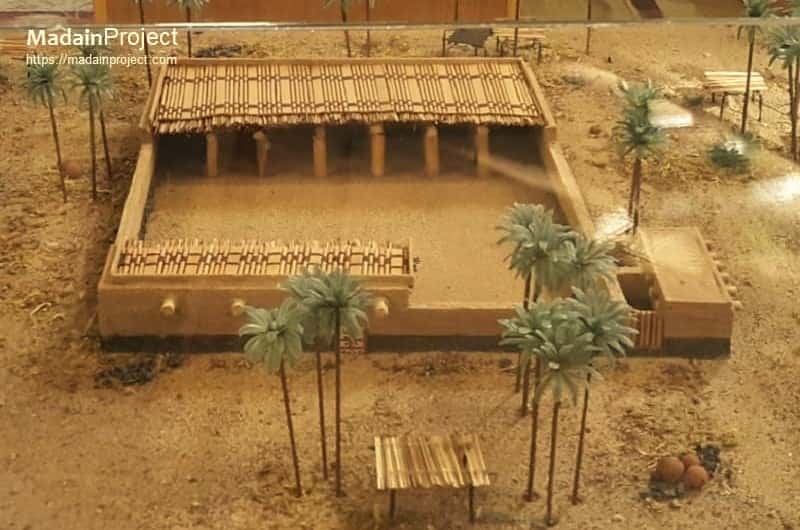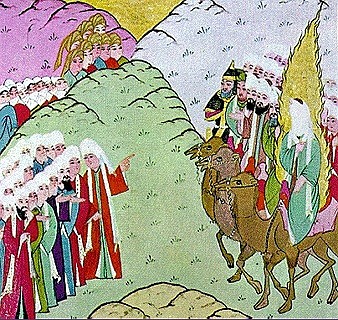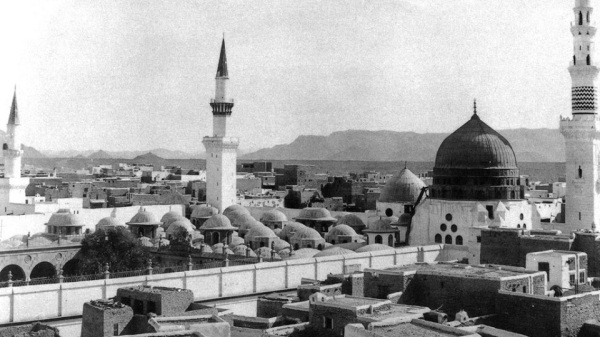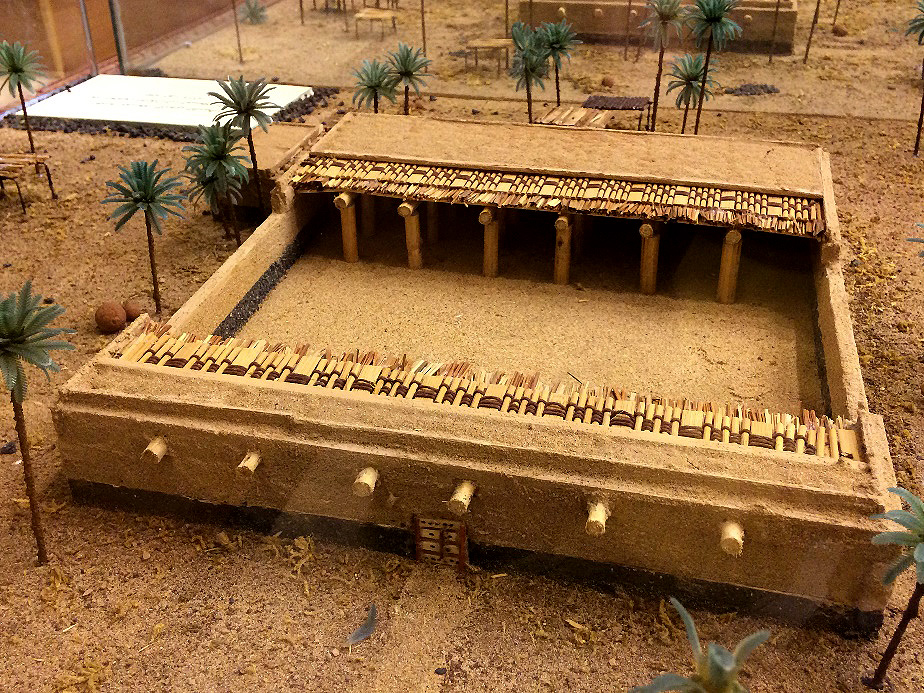Muhammad, the founder of Islam, is a highly revered figure in the religion. He is considered the final prophet of God and his teachings and actions are an important part of the Islamic faith. Muhammad spent the latter part of his life in the city of Madinah, which is located in present-day Saudi Arabia. In Madinah, Muhammad played a pivotal role in shaping the city and its people, and his time there is considered a key period in the development of Islam.
Muhammad was born in the city of Mecca in the year 570. He was orphaned at a young age and was raised by his uncle, who was a successful merchant. As he grew older, Muhammad became known for his honesty, kindness, and wisdom. He often spent time in solitude, meditating and contemplating the mysteries of the universe.
In 610, Muhammad received his first revelation from God through the angel Gabriel. This revelation marked the beginning of his prophetic mission, and Muhammad began to preach the message of Islam to the people of Mecca. He taught that there was only one God, Allah, and that all people should strive to live a righteous and moral life.
Muhammad's message was met with resistance from the ruling elites of Mecca, who saw his teachings as a threat to their power and wealth. As a result, Muhammad and his followers faced persecution and violence. In 622, Muhammad and his followers fled Mecca for the city of Madinah, which was about 200 miles to the north. This journey, known as the Hijrah, marks the beginning of the Islamic calendar.
In Madinah, Muhammad was able to establish a more peaceful and prosperous community. He set up a system of governance that ensured that everyone was treated fairly and that conflicts were resolved peacefully. Muhammad also established a system of social welfare, ensuring that the poor and needy were provided for.
Muhammad's leadership and teachings had a profound impact on the people of Madinah. Many of the tribes that lived in the city were at odds with one another, but Muhammad was able to bring them together and create a sense of unity. He also worked to improve relations between the Muslims and the Jews who lived in the city.
Muhammad's time in Madinah was not without its challenges, however. He faced opposition from some quarters, and there were several military conflicts with neighboring tribes. Despite these challenges, Muhammad remained a powerful and influential figure in Madinah, and his teachings continue to be followed by millions of Muslims around the world.
Muhammad's time in Madinah is considered a crucial period in the development of Islam. It was in Madinah that Muhammad established the foundations of the religion and laid the groundwork for its future growth and expansion. His teachings and actions continue to inspire Muslims today, and his legacy lives on in the city of Madinah, which is a major pilgrimage site for Muslims from around the world.
